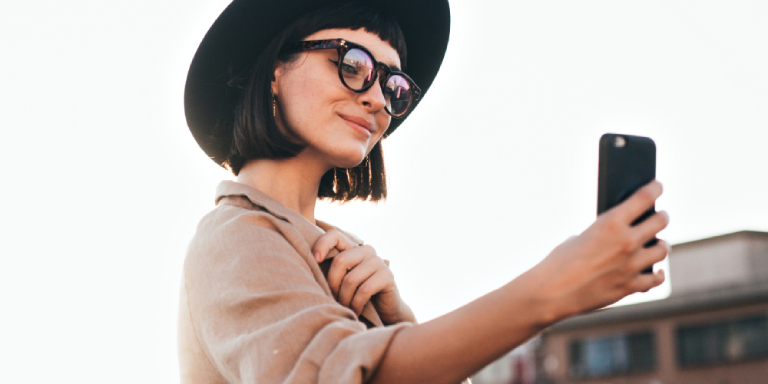
How social media influences our beauty standards

It’s clear that social media influence our image of beauty. Actually, it’s painfully clear. Not only does social media give us an unrealistic image of reality, it also makes it easier to criticise how someone looks. That’s why it’s important to realise what beauty really is and how we can best deal with the beauty ideal in 2021.
Beauty is in the eye of the beholder
Beauty is in the eye of the beholder. Beauty is subjective. Beauty is influenced by personal opinions. A simple example: favourite colours. One person may hate orange, while it’s someone else’s favourite colour. Why? You tell me! It has to do with taste, preferences and the associations someone has with it. Well, let’s think of people and their beauty as colours. There’s no colour that’s perfect for everyone. There are millions of colours, all perfect for some people in their own way.
“Well, let’s think of people and their beauty as colours. There’s no colour that’s perfect for everyone.”
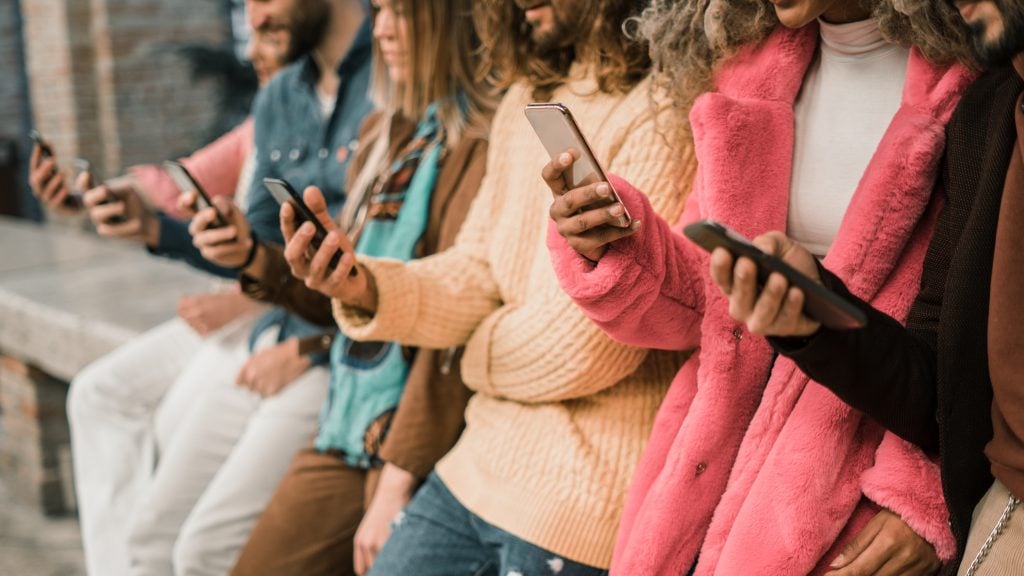
Filters & Insta-babes
Let me take you back to 20 years ago. The photos that were taken then were snapshots of moments. You and your best friend had a day at the beach, or your mother smiled behind the camera as she captured the best moments of your birthday. Did you worry about how you looked back then? No, of course not. Photo editing apps didn’t exist, and filters? Back then, those were just for coffee. Those photos were records of a moment, while now, we create moments for the sake of capturing them.
“Filters? Back then, those were just for coffee.”
With the advent of social media, the act of taking a photo has completely changed for many people. A photo can’t be just nice, no, it has to be beautiful. You have to look perfect – otherwise, you won’t get many likes. And consciously or subconsciously, we do a lot for likes. If you scroll through Instagram and see one influencer after another in a perfectly styled outfit, with hair like it has just been done, in locations that could be in a magazine, it’s not surprising that you think this is the norm. If you ask social media, normal is not good enough anymore.
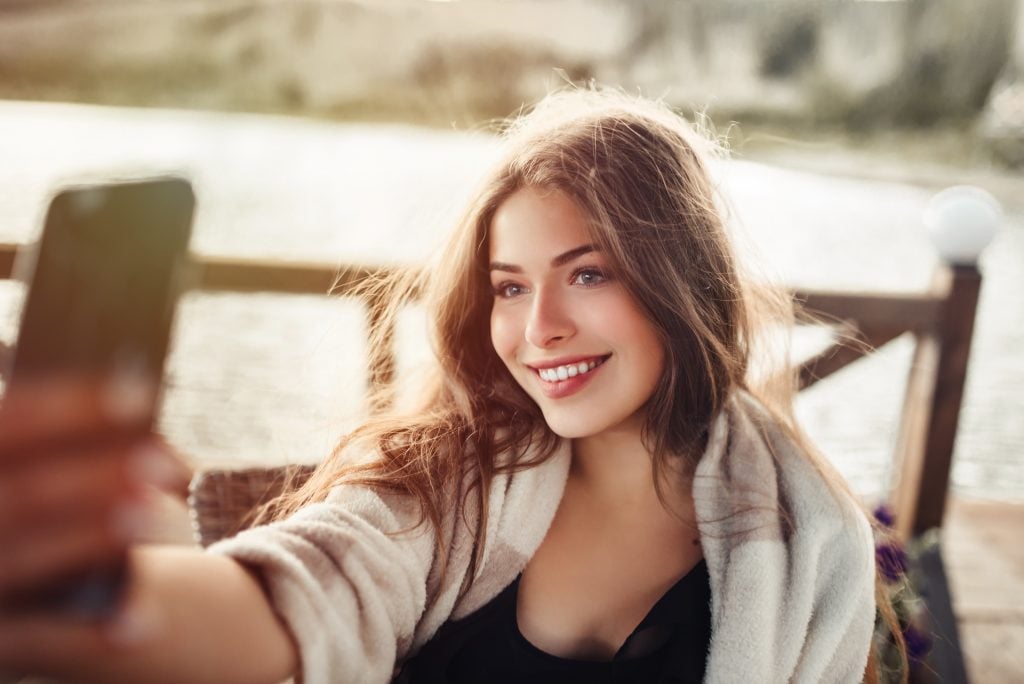
Selfish- uh selfie
A selfie? A picture of your face. Just your face. Not a nice story, not an inspiring message, not a breath-taking landscape. No, really, it’s just a picture of your face. There’s probably a filter on it too, and if not, you’ve taken it twenty times over in the right lighting, from the perfect angle, because otherwise your skin looks uneven, your jawline too flabby, or your forehead too huge. Your hair too flat, your breasts too small, your wrinkles too out there. What are we on? Of course, you want to look as good as possible. As people, we’ve always wanted to. Just look at Bridgerton or other series that are set centuries ago. If they went out on the street or to a soiree, women put on their most beautiful dress. They’d have their hair done and would wear make-up to complete their look. Still, people are taking it very far nowadays. We hardly dare to run errands without make-up because we think we’ll look sloppy. Or worse: many women don’t feel like themselves without make-up! Of course, that’s just ridiculous.
“Otherwise your forehead looks too huge, your skin too uneven. Your hair too flat, your breasts too small, your wrinkles too out there. What are we on?”
Body Positivity = Body Shaming

Still, it’s not all bad. Thanks to social media, we now have the body positivity movement! The body positivity movement has ensured that there are not only models with size 34 in campaigns. Slim, curvy, light, dark, but also models with unique features such as lots of freckles, gaps between their teeth, albinism or vitiligo. A diversity of women can now be seen in all kinds of beauty campaigns.
More and more women are showing their real bodies – including muffin tops, dimpled buttocks, scars, acne, hyperpigmentation… all the aspects of a real woman’s body that we have long hidden. It’s great to see that slowly but surely, our shame is disappearing, and women are showing their authentic selves. This is especially important for the younger generation, as they’ll get a realistic picture of what women should look like.
“It’s great to see that slowly but surely, our shame is disappearing, and women are showing their authentic selves.”
Women who proudly show off their real bodies are attacked and bullied by internet trolls. Insults that are too awful to repeat are being thrown around left and right, mostly in the comment sections of Instagram and Facebook. As I said before; beauty is in the eye of the beholder, and some people only see beauty in fakeness and Photoshop. “Omg, why would you post this! Look at all those dimples!”, young girls comment on real photos. Girl, just wait until you’re 25 😉 and we’ll talk then. You can’t really blame those young people either, as their ideal of beauty was simply ruined by all the fake images on the internet. Still, my mother used to tell me: if you don’t have anything nice to say, then don’t say anything at all.
“My mother used to tell me: if you don’t have anything nice to say, then don’t say anything at all.”
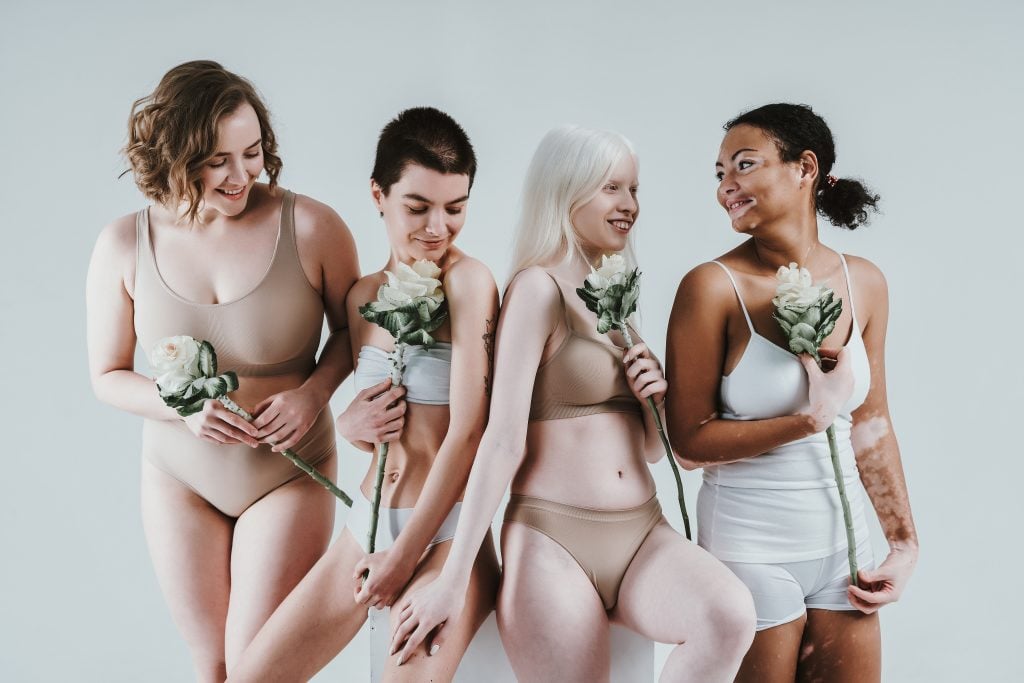
Unintentionally hurtful
There’s one thing we have to watch out for. It’s very positive that curvy women, or as many people say, ‘women with normal bodies’, now also get the attention and appreciation they deserve. However, what many people don’t realise is that they can hurt slimmer women with comments like “finally a real woman”, “as if women in real life are this skinny”, or “well, if I was a man, I wouldn’t want a bone bag like that in my bed – just give me a woman with real curves”. What you’re saying with this is that slim women are not feminine and not ‘real women’. You probably don’t mean it like that, but this is definitely implied.
“Every body is normal, or better yet: no body is normal.”
People forget that you don’t choose which body you’re born into. So I have some reservations when it comes to the term “normal bodies”. I don’t think it’s a good term, as it says that everything outside of that is not ‘normal’. Every body is normal, or better yet: no body is normal. We’re all f*cking special and unique, period!
Conclusion
Realise that what you see on the internet is often not the reality. Be proud of yourself and your unique appearance. No one is you, and you’re everything you should be. And do you see photos that you don’t really like? Before you criticize them, think about how you look in bad light and in a not so flattering pose. Realness is beauty. Fake beauty is fake. And remember: if you don’t have anything nice to say, just keep it to yourself!
“No one is you, and you’re everything you should be.”
Is your idea of beauty influenced by social media?
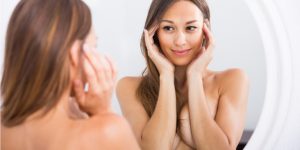
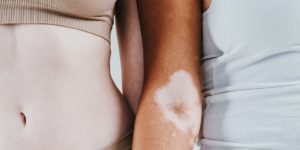
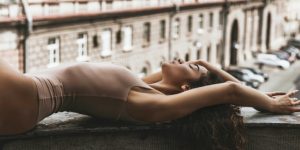







Respond or ask a question
0 comments